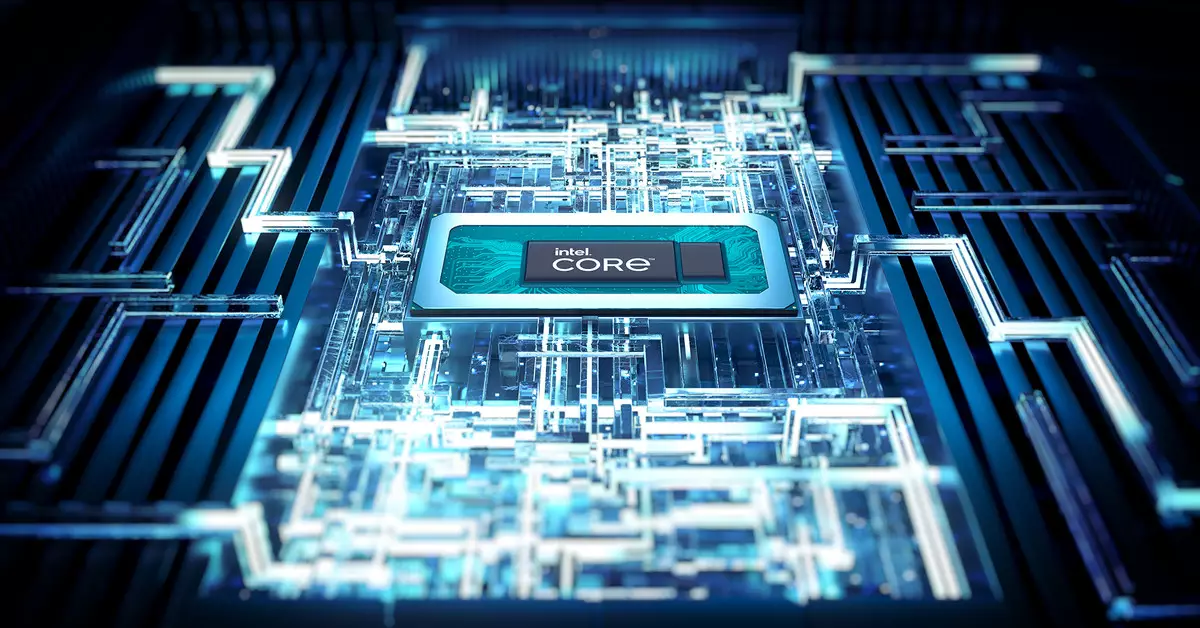Intel has been under scrutiny for the stability of its laptop chips for quite some time now. The question on everyone’s mind was whether Intel’s laptop chips were also susceptible to the same performance issues that have plagued their desktop chips. After months of speculation, Intel has finally confirmed that its 13th and 14th Gen laptop chips do not seem to have any instability issues. The company claims that these chips are not affected by what they are now referring to as “Vmin Shift Instability.” While Intel is still investigating the root cause of the crashes, a spokesperson for the company has stated that laptop chips are basically unaffected by the issue.
According to Intel, not only are the 13th and 14th Gen laptop chips unaffected by the instability issue, but many desktop chips are also not impacted. Specifically, Intel has listed out the products that are not affected by the Vmin Shift Instability issue. These include 12th Gen Intel Core desktop and mobile processors, Intel Core 13th and 14th Gen i5 (non-K) & i3 desktop processors, Intel Core 13th and 14th Gen mobile processors, Intel Xeon processors, and Intel Core Ultra (Series 1) processors. The company has also released BIOS updates for the affected desktop processors to ensure the stability of the systems.
Intel has also reassured its customers that future chips, including those planned for release this fall on the new Arrow Lake and Lunar Lake architectures, will not be affected by the Vmin Shift Instability issue. The company has stated that it will take necessary precautions to protect future product families against such issues. This should come as a relief to those who were concerned about investing in Intel products in the future.
For those who have already experienced issues with their Intel chips, particularly the i9, i7, or K-series i5 desktop CPUs, Intel has offered a two-year warranty extension to address any permanent damage caused by the Vmin Shift Instability. Users are advised to contact Intel or their PC builder immediately if they believe their CPU has been affected. Most motherboard makers have already released BIOS updates that can help mitigate the potential risk of damage.
Intel has provided clarity on the stability of its laptop chips and has taken steps to address any issues with its affected desktop processors. Customers can now rest assured that their current and future Intel products will be protected against the Vmin Shift Instability issue. If you have concerns about the performance of your Intel chip, it is recommended to follow Intel’s guidance on BIOS updates and reach out for support if needed.


Leave a Reply